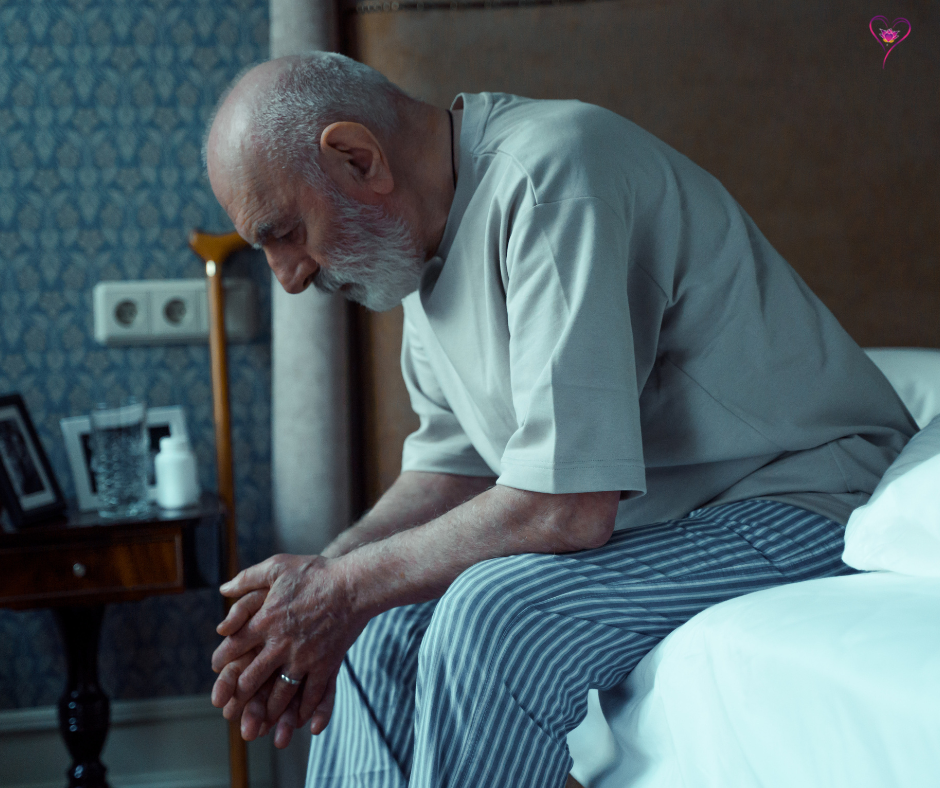Strategies Seniors Can Use to Help Cope with Chronic Pain
Strategies seniors can use to help cope with chronic pain, can be a lifeline to those that suffer. The goal is to get back on your feet, even if it takes a bit of time, and to never give up. There are many strategies, therapies, medications that can help, the hardest part is finding out which one works for you.
Consult with healthcare professionals:
Senior citizens living with chronic pain should consult with their healthcare providers, who specialize in geriatric medicine or pain management. These professionals can assess their condition, provide appropriate treatment options, and monitor their progress.
Follow a medication management plan:
Seniors should adhere to their prescribed medication regimen as directed by their healthcare providers. It’s important to understand the proper dosage, potential side effects, and any interactions with other medications to ensure safe and effective pain management.
Engage in gentle exercises and physical therapy:
Low-impact exercises, such as walking, swimming, or tai chi, can help maintain mobility, strengthen muscles, and alleviate pain. Physical therapy sessions tailored to seniors’ specific needs can also provide targeted pain relief and improve overall functionality.
Seek non-pharmacological pain relief:
Seniors can explore non-drug therapies to complement their pain management strategies. Techniques such as heat or cold therapy, massage, acupuncture, or transcutaneous electrical nerve stimulation (TENS) can offer relief and minimize reliance on medications.
Find support networks:
Seniors can benefit from joining support groups or engaging in activities with others who share similar experiences. These networks provide emotional support, a sense of belonging, and opportunities to exchange coping strategies, ultimately reducing feelings of isolation and promoting overall well-being.
Living with chronic pain can be challenging, but there are various strategies and approaches that can help individuals, including senior citizens, cope with their condition.
Seeking medical help, building a support system, and adopting a healthy lifestyle are foundational steps. Exploring alternative therapies, practicing stress management, and utilizing pain management techniques can provide additional relief. Additionally, maintaining a positive mindset and engaging in enjoyable activities can contribute to overall well-being.
If your pain interferes with your everyday ability to care for yourself, a short or long term home health aide will be able to assist you with your everyday routines.
Each person’s experience with chronic pain is unique, and it may require a combination of approaches to find what works best. By proactively managing their pain and seeking support, individuals can enhance their quality of life and regain a sense of control over their well-being.


